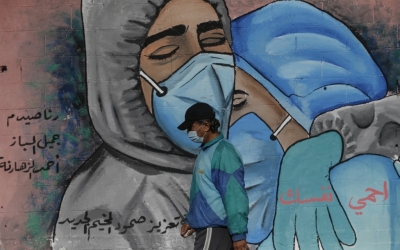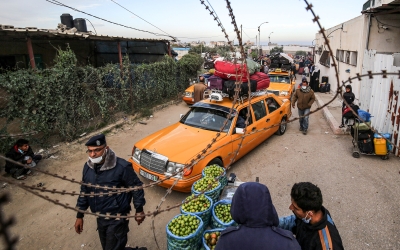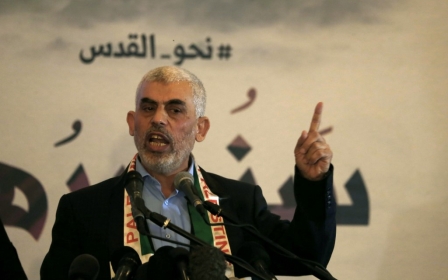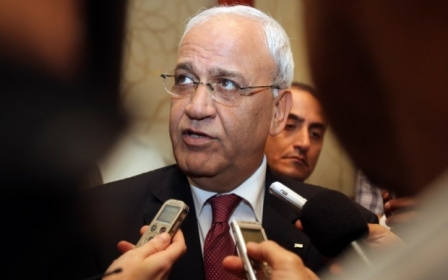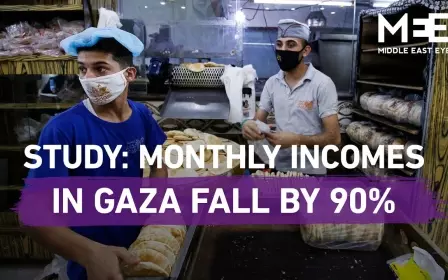Covid-19: Gaza closing mosques and schools as virus surges
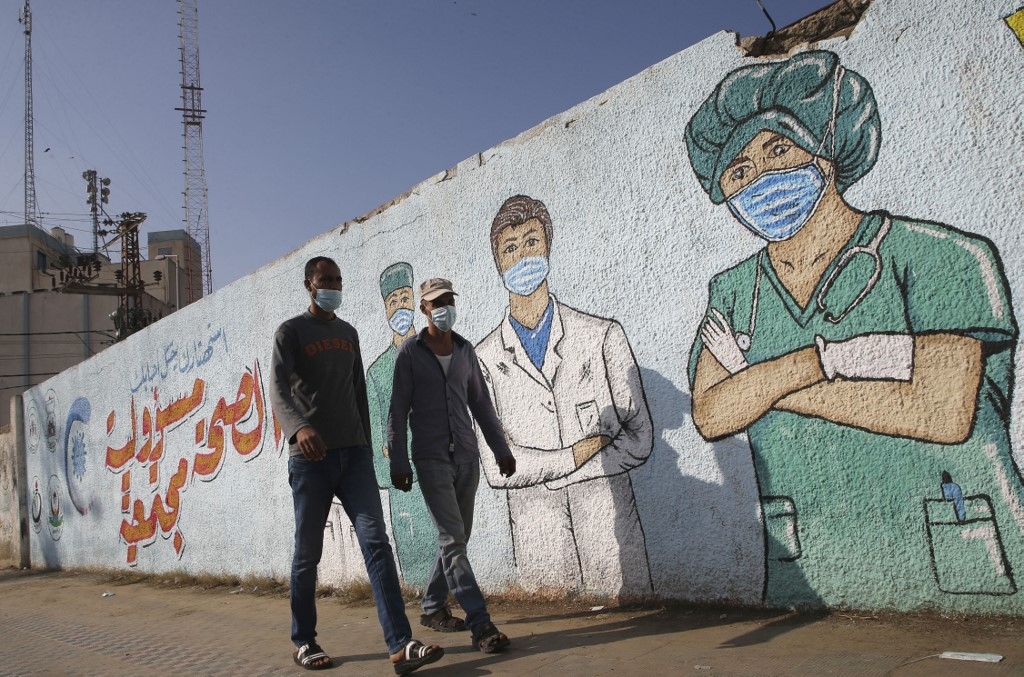
Schools and mosques are set to close in the besieged Gaza Strip this weekend, as the Palestinian enclave goes into a partial lockdown in an attempt to mitigate rising Covid-19 cases, Gaza's Interior Ministry said.
Ministry spokesman Eyad al-Bozom told reporters on Thursday that during the lockdown, some businesses will be allowed to remain open until the nighttime curfew takes effect.
New MEE newsletter: Jerusalem Dispatch
Sign up to get the latest insights and analysis on Israel-Palestine, alongside Turkey Unpacked and other MEE newsletters
Bozom did not specify how long the lockdown is expected to last or which kind of businesses would be allowed to remain operational, but around the world, markets, pharmacies and restaurants offering takeaway have generally been allowed to remain open through coronavirus shutdowns.
Virus cases in Gaza have more than tripled during the past month, hovering around 900 new cases a day. Meanwhile, the death toll has quadrupled in that time to 122. In total, about 23,000 infections have been reported in the enclave, according to the World Health Organisation (WHO).
Official Palestinian news agency Wafa reported that on Thursday there were at least 827 new cases documented in Gaza.
Overtaxed health system under blockade
Health organisations have warned that the pandemic could easily spiral out of control and overtax the Palestinian territory's struggling health system.
The WHO on Sunday delivered 15 ventilators to Gaza hospitals following a warning by local health officials that hospitals had reached a breaking point and had almost run out of ventilators.
Despite the increase in cases, the Rafah crossing between Gaza and Egypt was opened on Thursday for a three-day period. The opening is the fourth time since March that Gazans have been permitted to exit the Strip and the sixth time residents were allowed to enter from Egypt, according to the Gisha Legal Center for Freedom of Movement.
Overcrowding among Gaza's population of two million and the blockade imposed by Israel and Egypt have long caused concerns about the virus's potential impact, but the territory had escaped a major outbreak up until August.
The WHO’s local health lead, Abdelnaser Soboh, warned last week that a fifth of tests were coming back positive, with many results from people aged over 60.
On Tuesday, Hamas leader Yahya Sinwar and at least one other senior official tested positive for the virus, one month after long-time chief Palestinian negotiator Saeb Erekat died from coronavirus-related complications.
On 15 November, authorities imposed a number of restrictions, including banning movement in the worst-hit areas, demanding shops close by 5pm, and banning indoor visits of more than 15 people.
Middle East Eye delivers independent and unrivalled coverage and analysis of the Middle East, North Africa and beyond. To learn more about republishing this content and the associated fees, please fill out this form. More about MEE can be found here.


